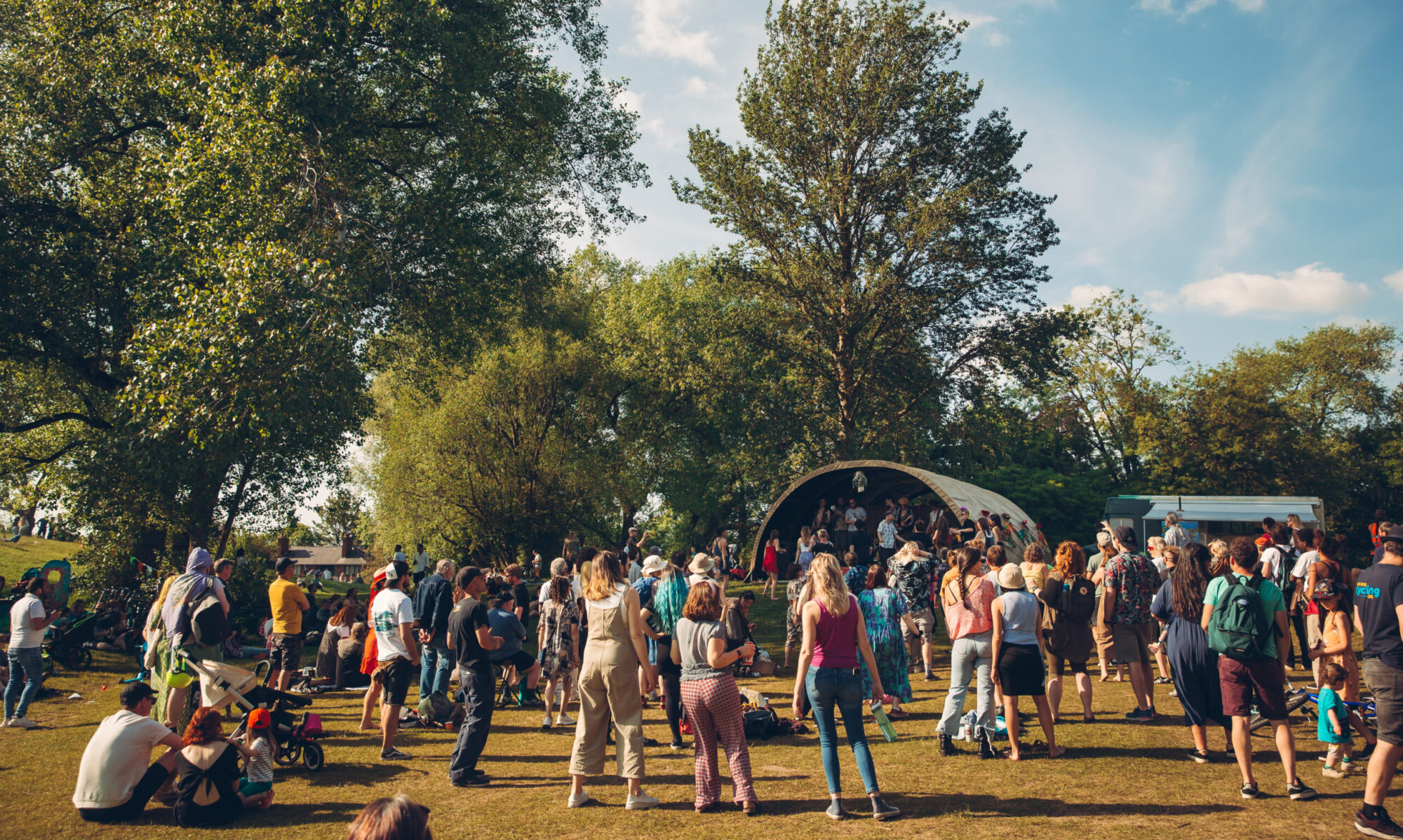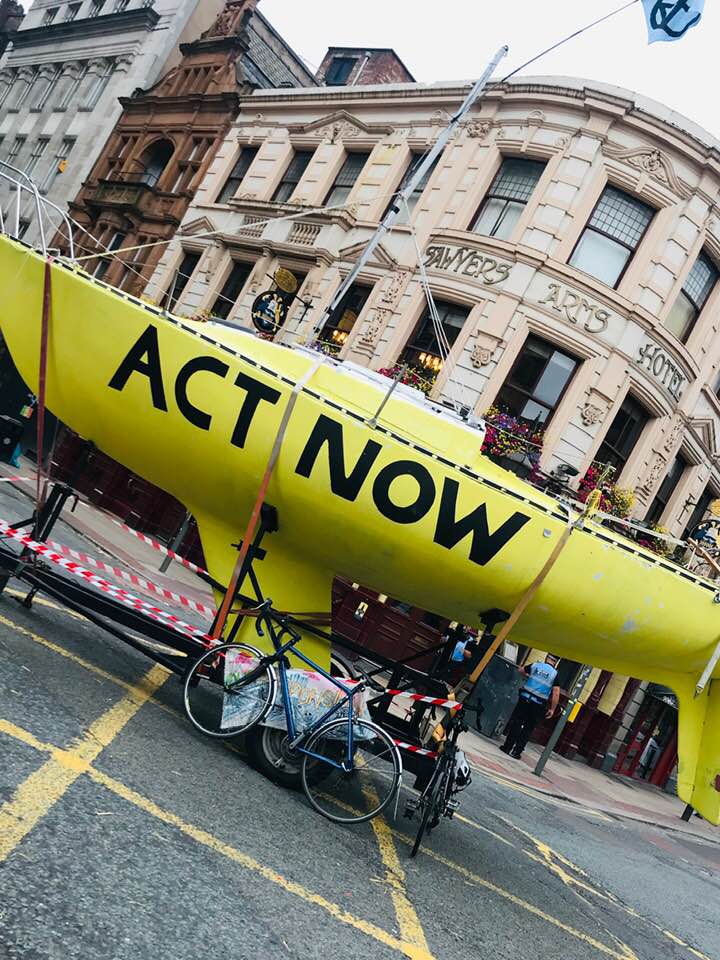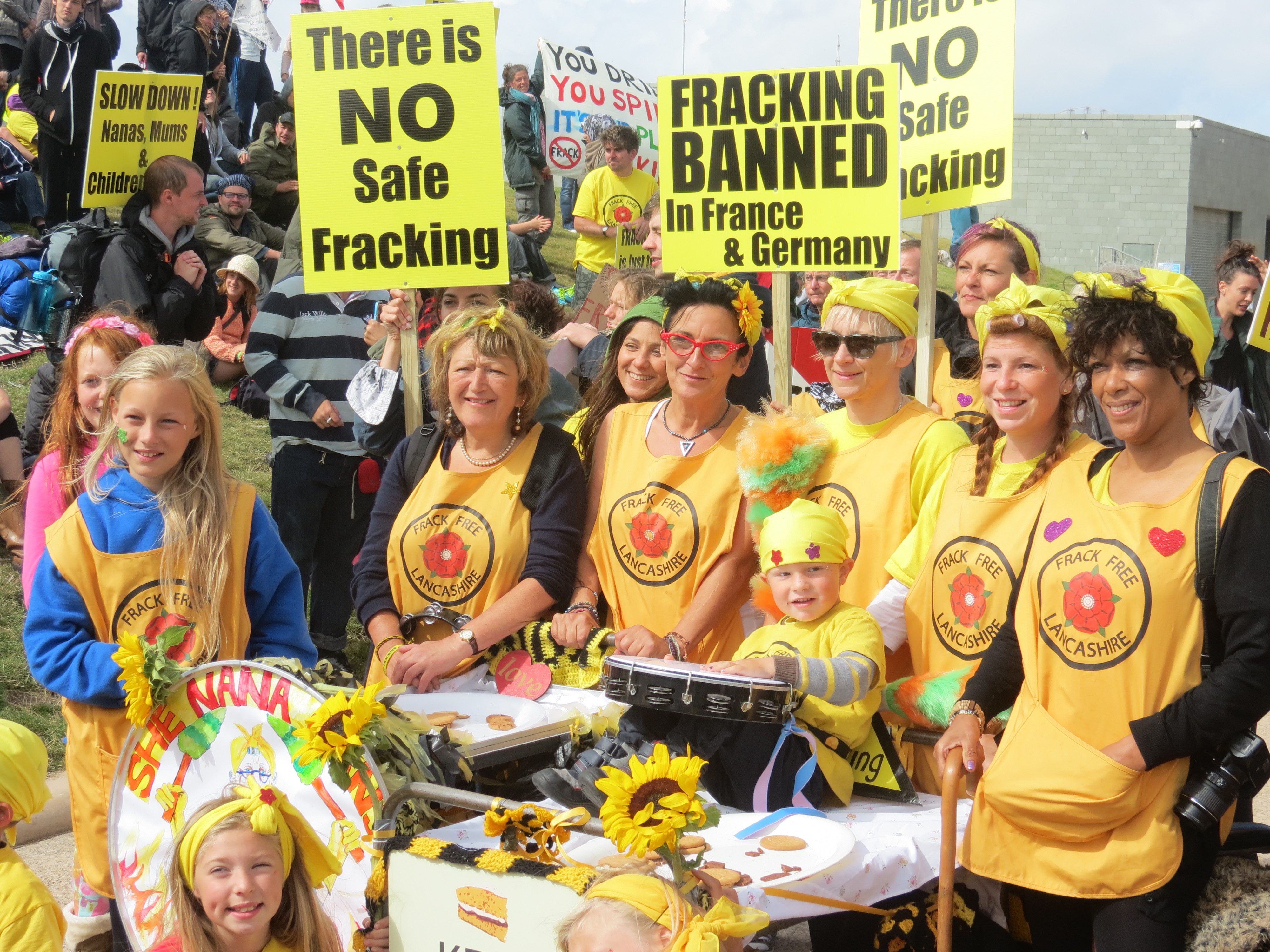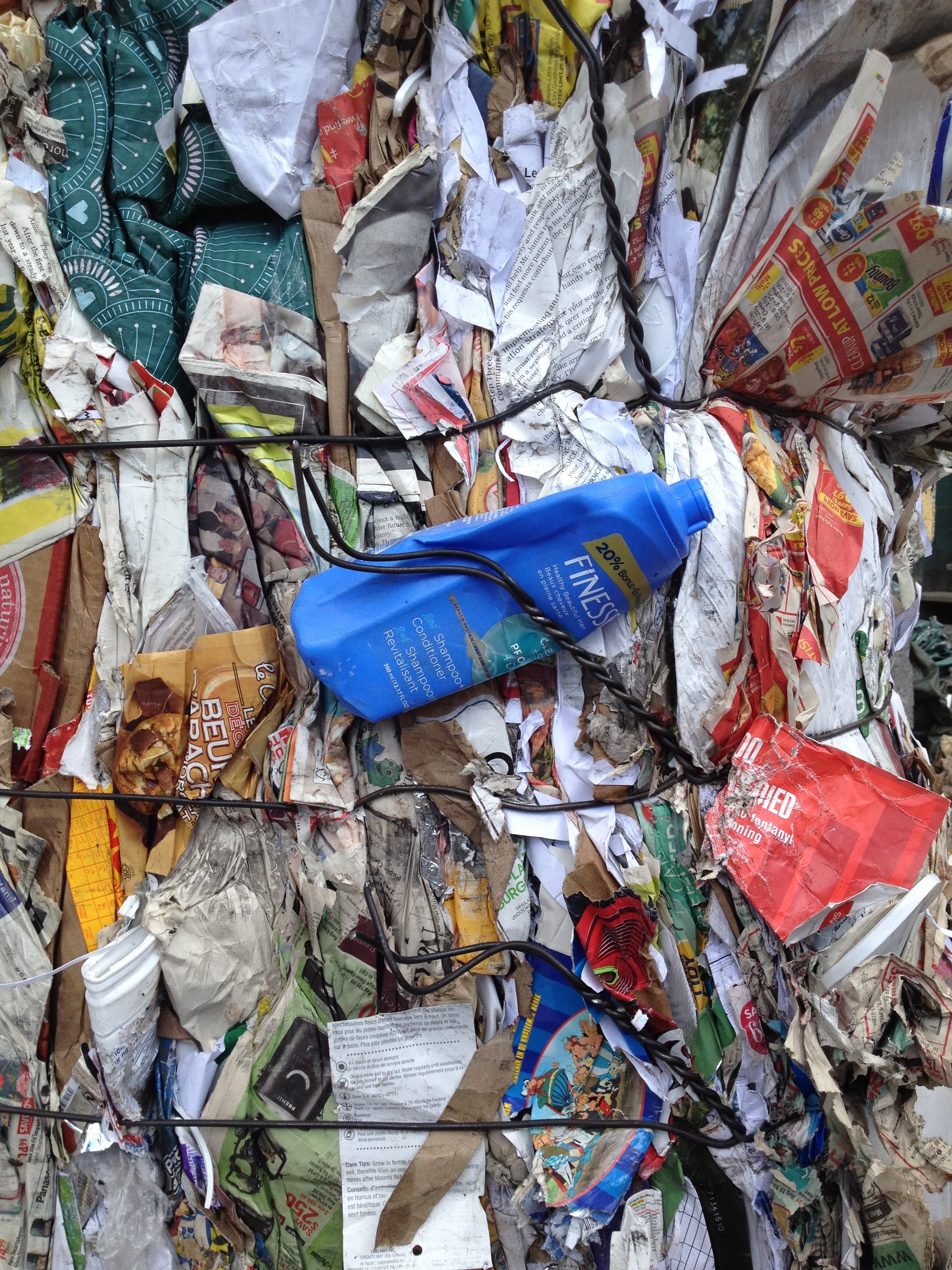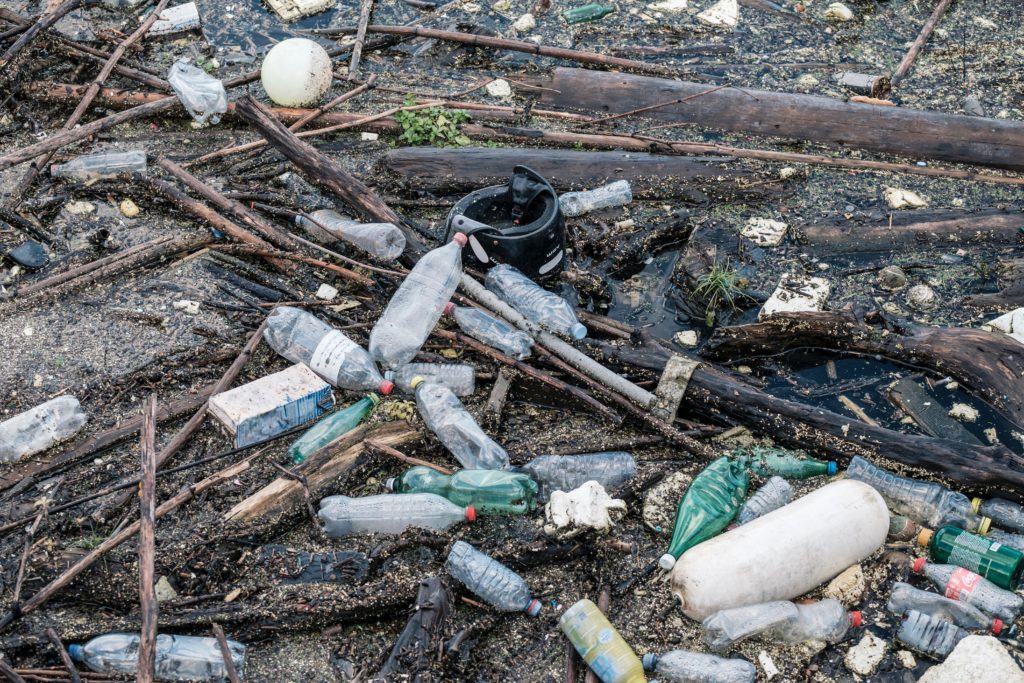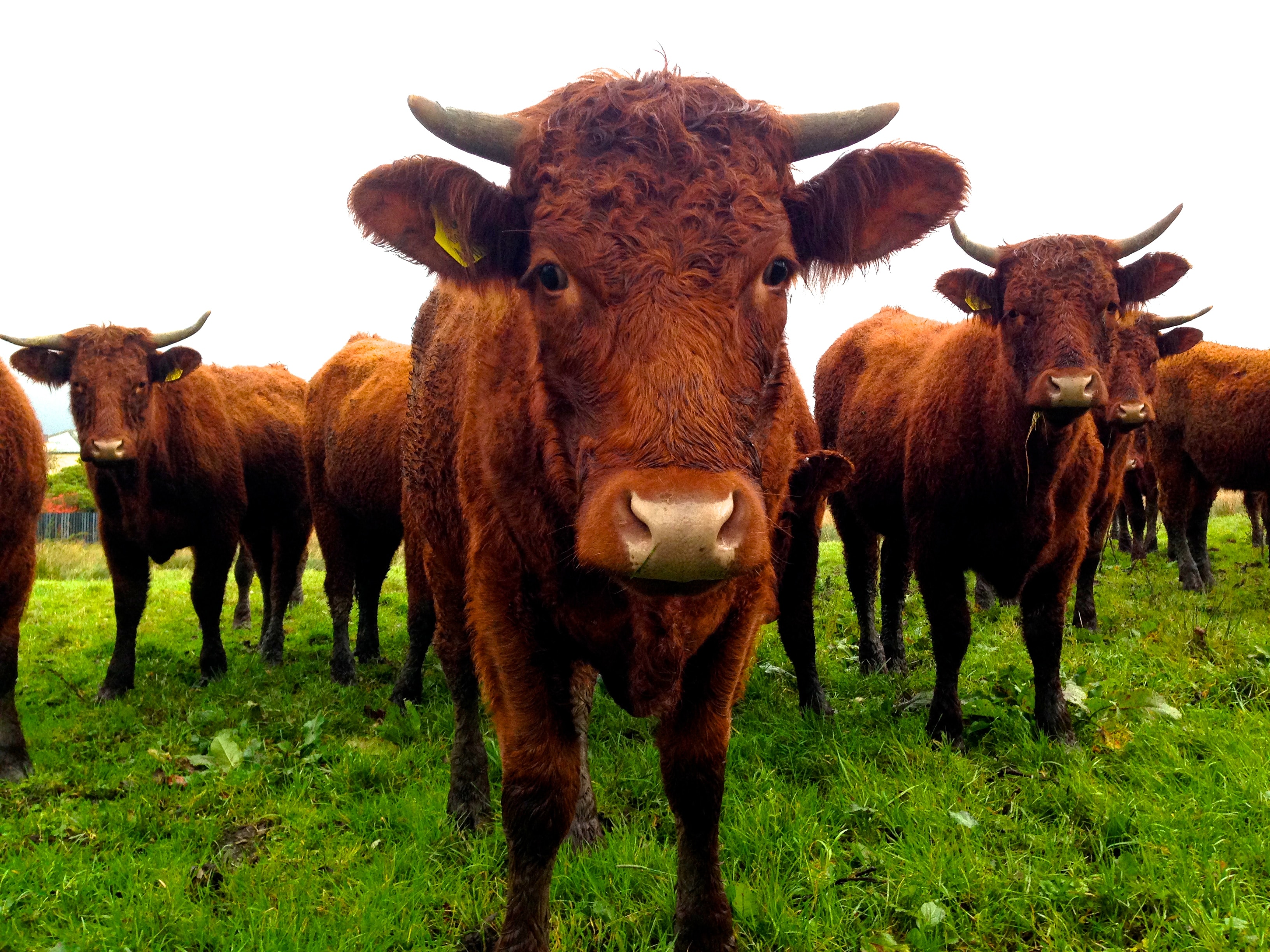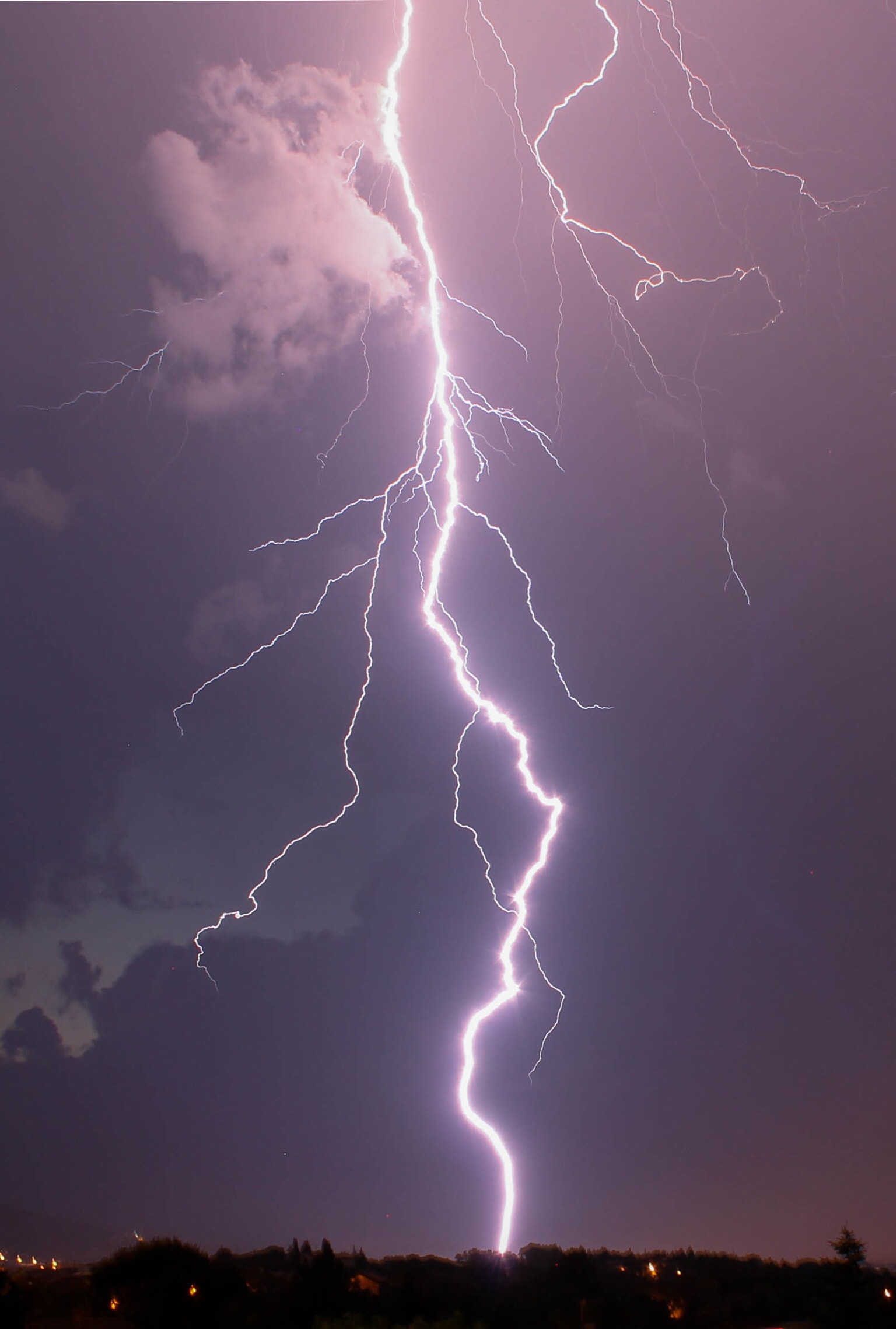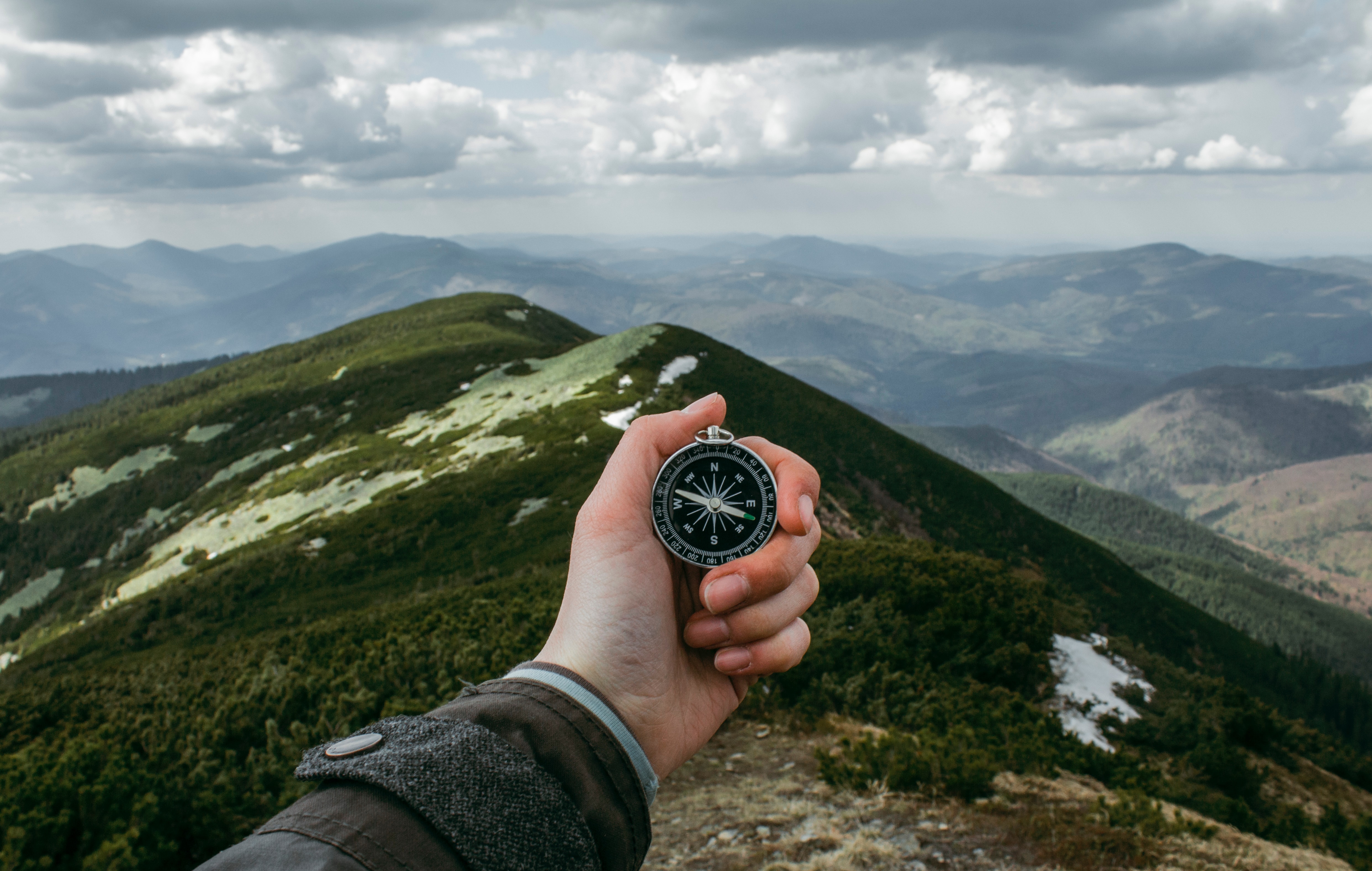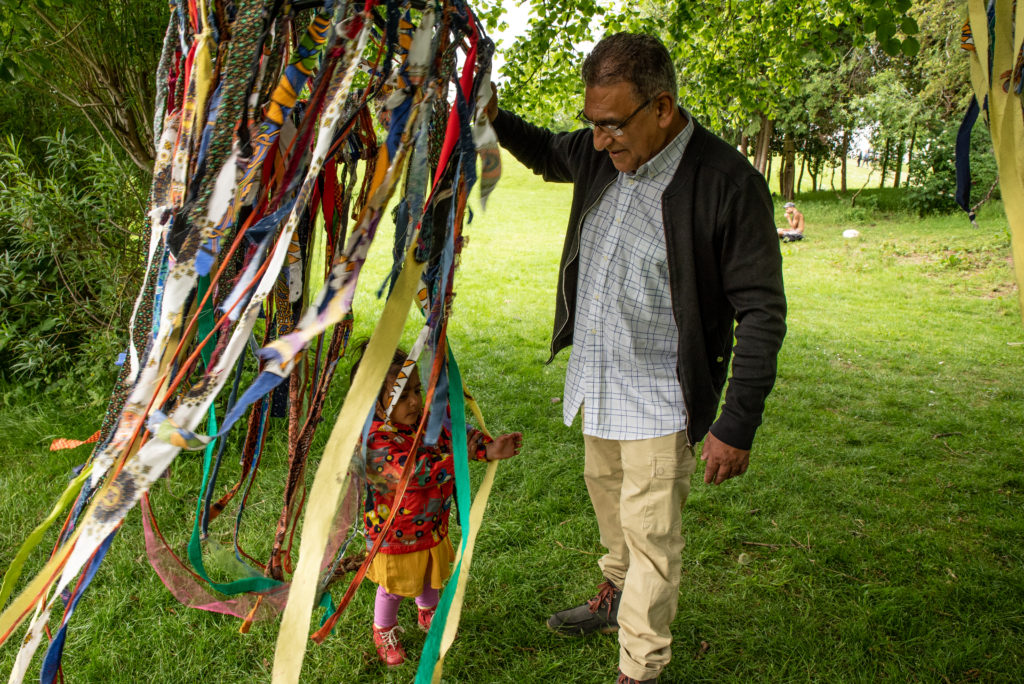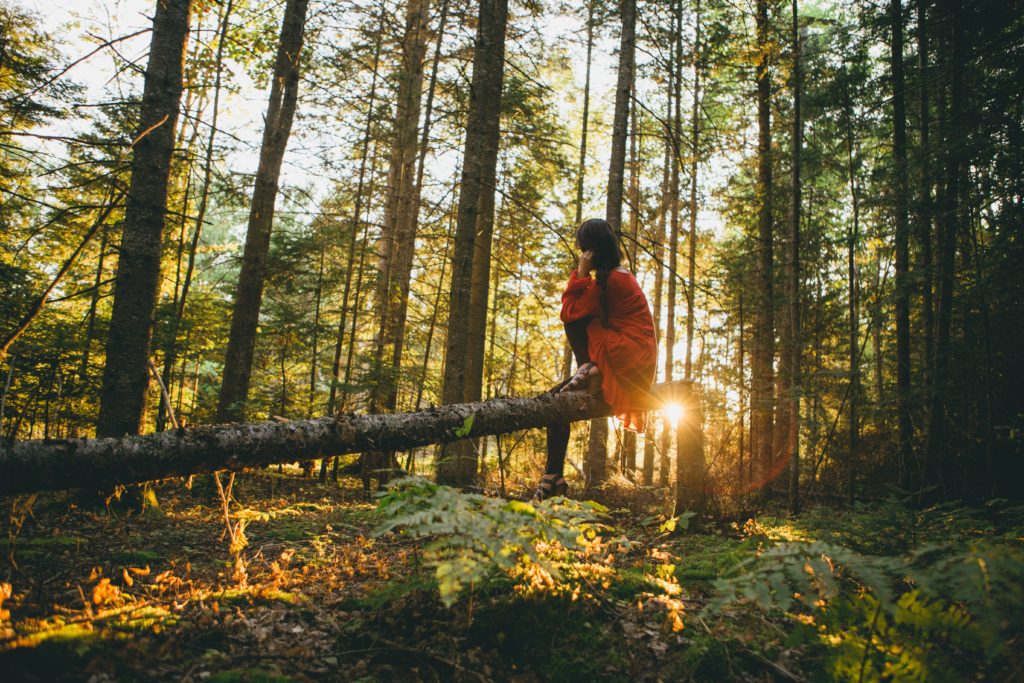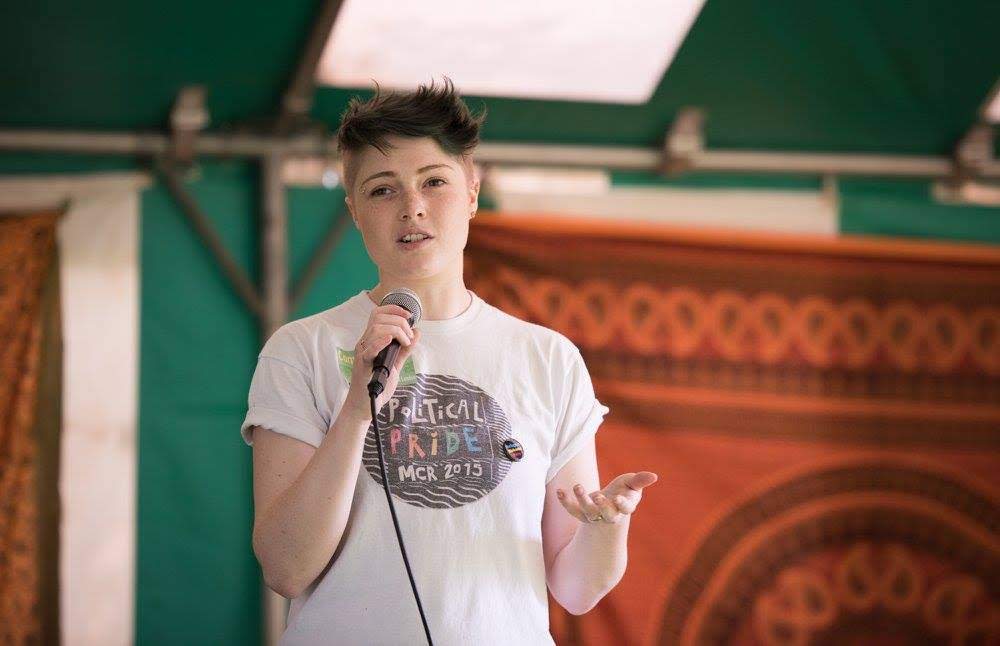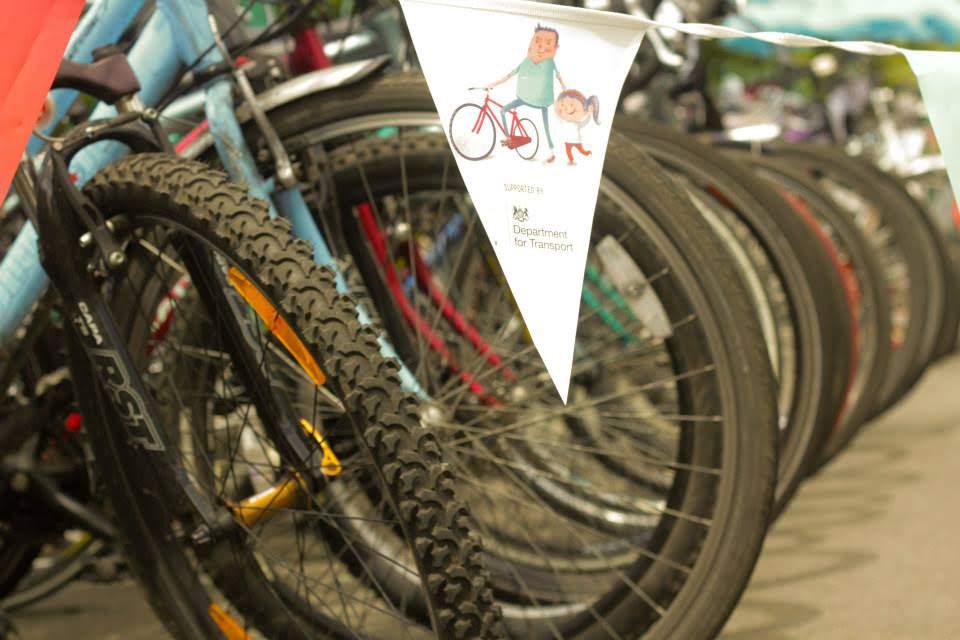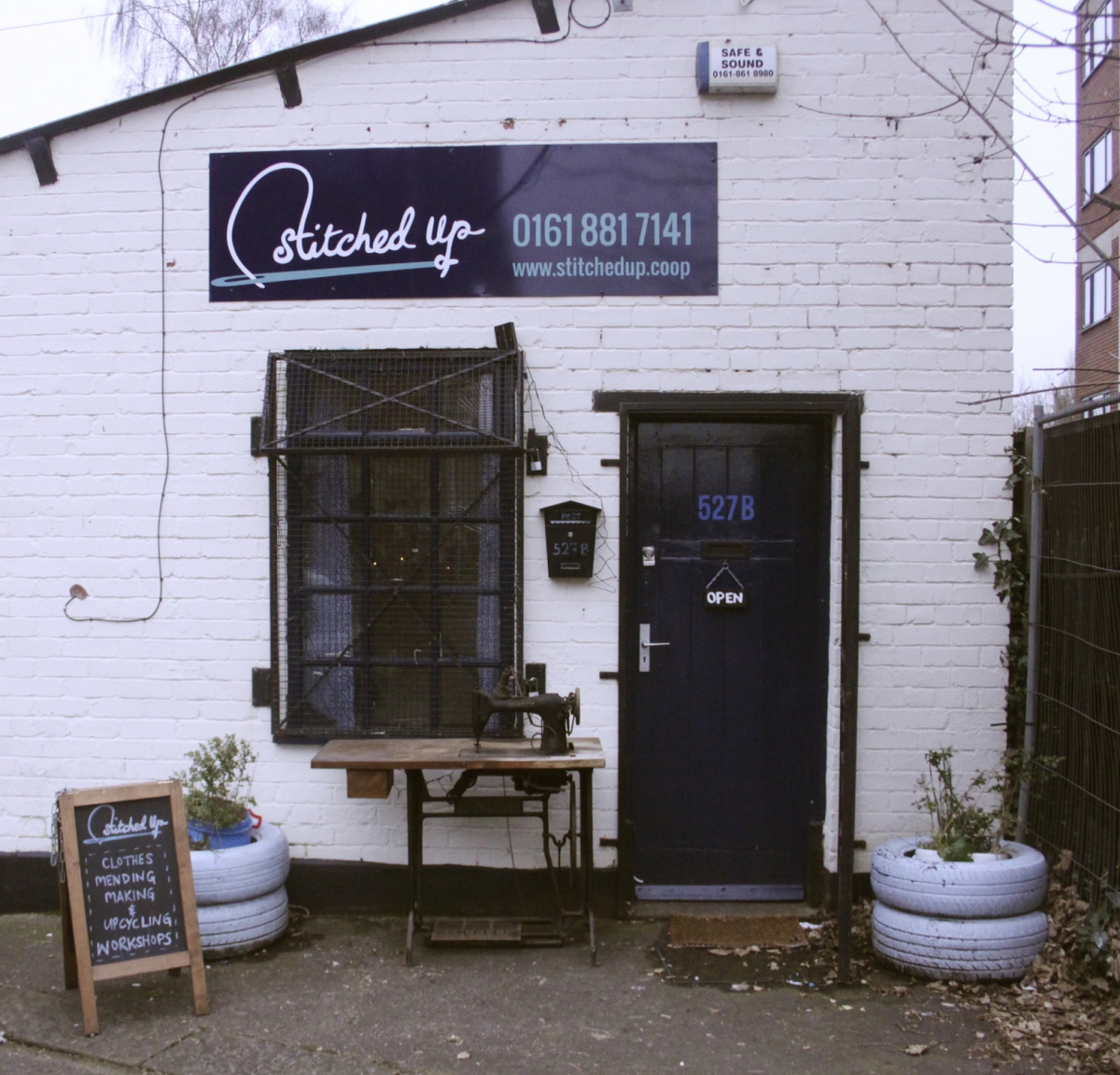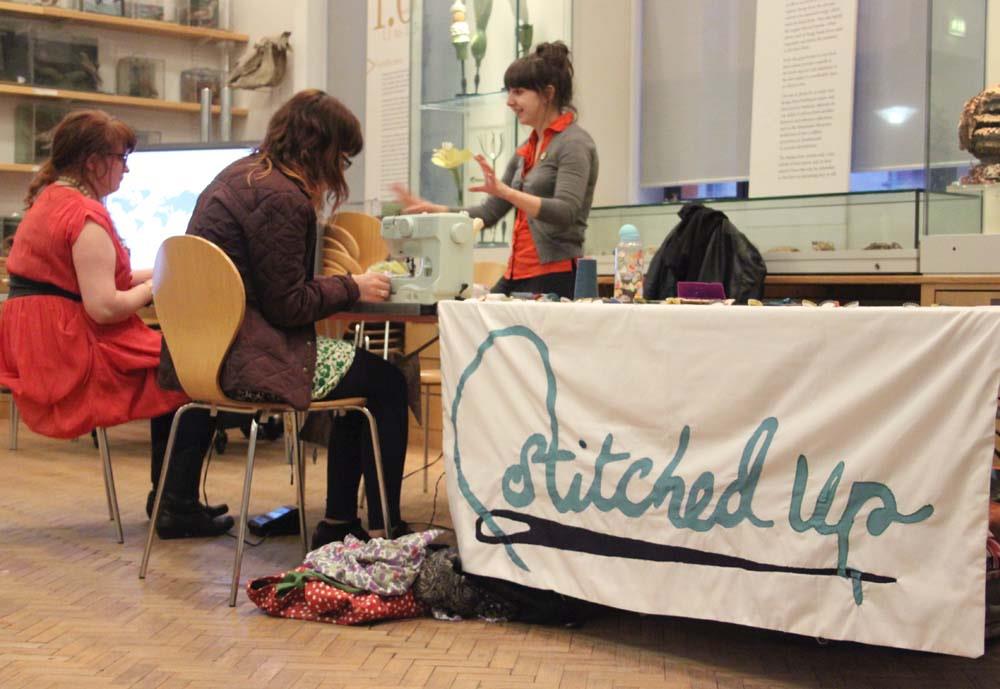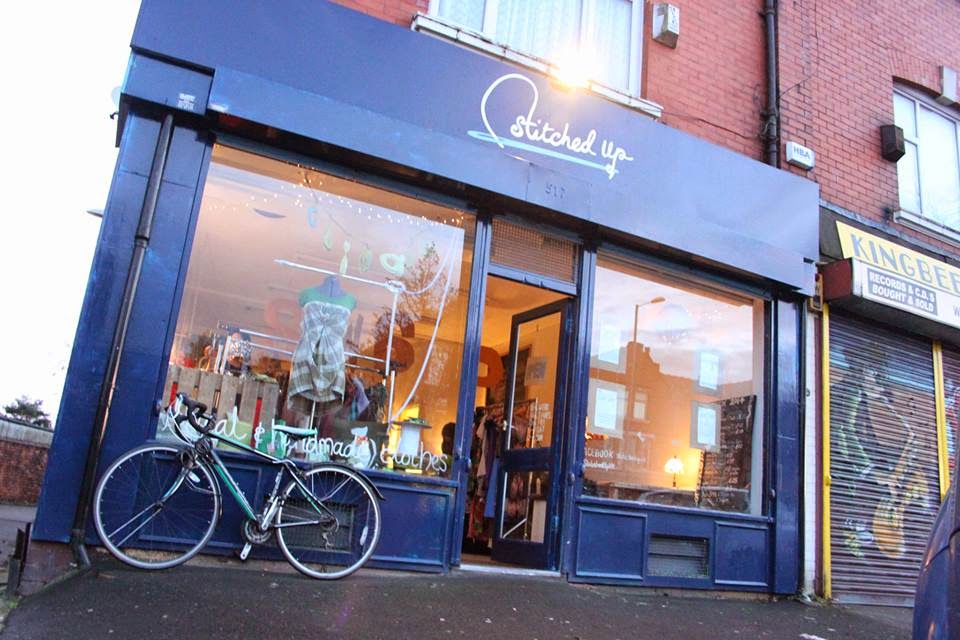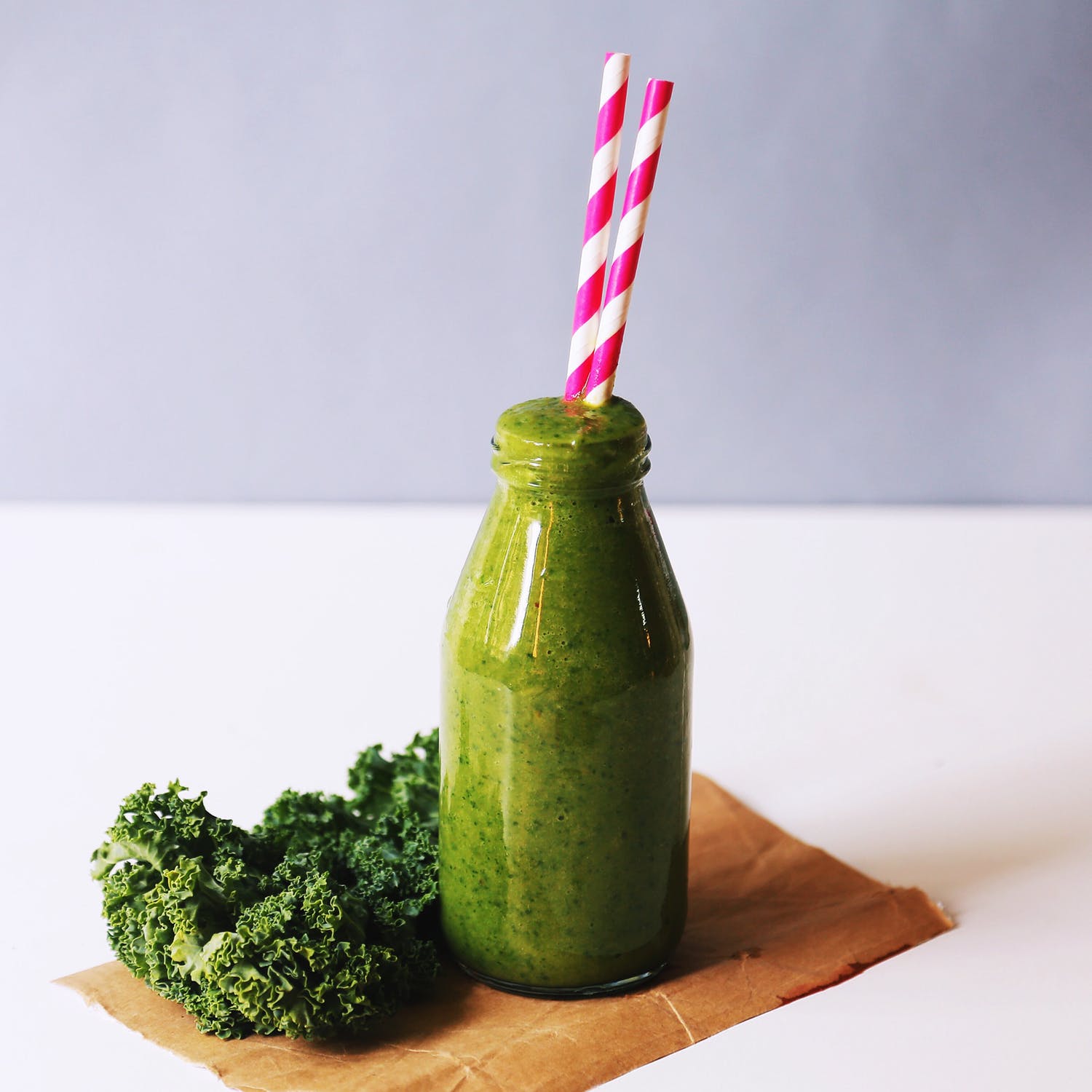Extinction Rebellion comes to Manchester!
XR as they are also known, received a massive Envirolution welcome to our home city this weekend, as they set up their non-violent action climate protest in the very heart of Manchester.
Deansgate and John Dalton Street became traffic free zones as Extinction Rebellion Manchester set up camp in one of the most polluted parts of the city, usually bumper to bumper with cars, buses and taxis.
And as afternoon progressed in to evening over the city centre shoppers were treated to a carnival atmosphere, with DJ’s, talks and workshops taking place, drawing much attention to their campaign.
But there is so more meaning to their movement than just having a good time.
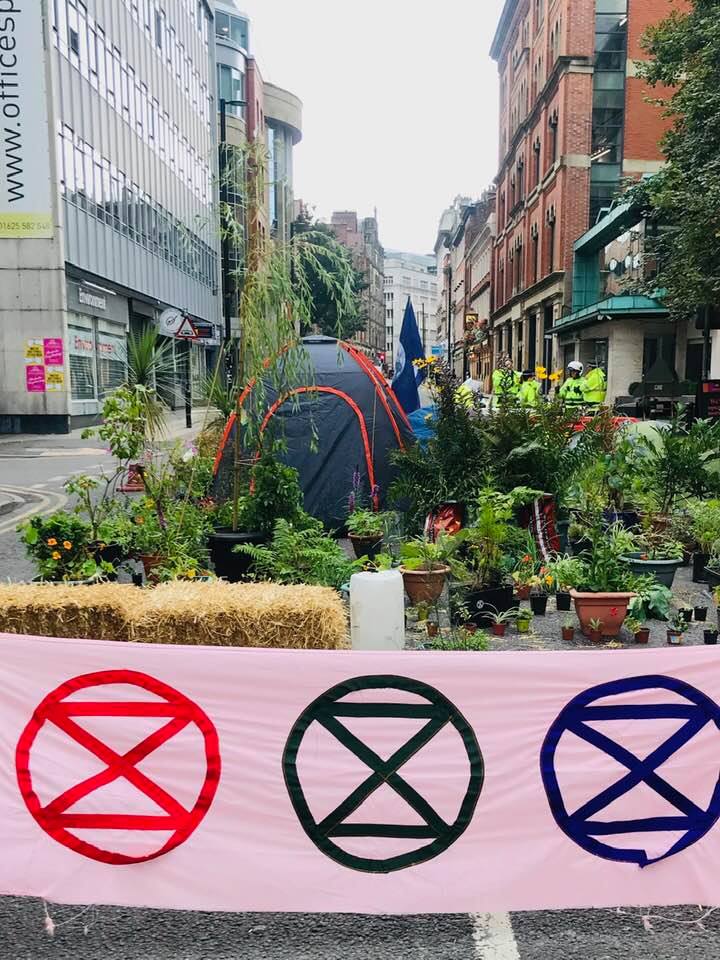
Existential Threat to Humanity
Speaking to Envirolution, Zoe from Extinction Rebellion Manchester had this to say;
“It’s about raising awareness of the climate and ecological crisis”.
And she added that partly as a result of their non-violent action in London in April this year, Parliament passed a motion of climate and ecological environmental emergency.
Which all sounds like great news for the planet.
However, Zoe went on to say that unfortunately, this motion “wasn’t legally binding” and that actually, nothing is happening, humanity is facing an “existential threat to humanity”, so they continue to be fully committed to keeping up pressure on the government by taking direct action and making their demands heard.
Extinction Rebellion 3 Demands
Extinction Rebellion is an international network and consider themselves to be ‘apolitical’. Their demands are aimed at governments around the globe, and here in the U.K their 3 demands are as follows:
Tell the Truth
XR want the government to work with the media and other institutions throughout the country to make sure the actual truth about the climate and ecological crisis is communicated accurately to all citizens, because many still don’t realise the extent, or the threat, of the disaster that we are heading towards.
Act Now
The second demand from XR is for the government to reduce carbon emissions to Net Zero for 2025. And whilst they acknowledge there is a commitment to achieve this by 2050 it’s too slow and too far in the future for any politicians to act upon. Moreover, science dictates this needs to happen sooner so XR would like politicians to act now and ‘gear up society’ to create the changes that are needed NOW.
Citizens Assembly
The third demand from XR is for a legally binding Citizens Assembly. In other words, people chosen at random, representing the population and similar to a jury, who are able to suggest proposals that the government has to act upon in everyone’s best interests and with advice taken from independent experts to help in the decision-making process.
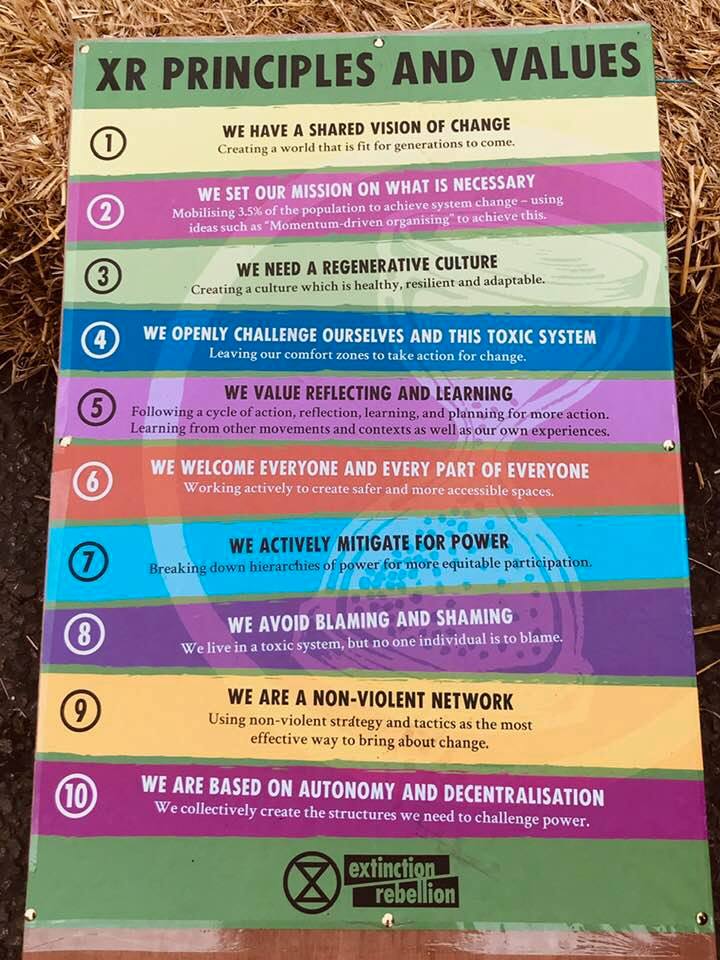
XR Working for All of Us
One thing XR are keen to point out is they really don’t want to disrupt people’s lives.
In fact, they are particularly apologetic, saying they fully understand that some people might find the interruptions to their normal routine frustrating.
However, XR are keen to get the message out there that the reasons they are taking this direct action is because decades of ‘polite campaigning’ simply hasn’t worked, and governments are not keeping their citizens safe.
And with the impact of extreme weather events such as the floods we have seen this summer in the Peak District and in Yorkshire, it’s clear their message needs to be heard.
So, if that means turning John Dalton Street into a green space, and Deansgate into a full-on climate emergency festival site complete with big Yellow Boat and Yoga sessions for the kids, let’s have more of it we say!
And to be honest, writing about XR Manchester in one blog hardly does justice to the campaigning efforts of these dedicated individuals, many of whom are ordinary people who have never been involved in activism before, yet are turning to XR out of a real fear for the future we face.
People like Jo, a mother of three, (who hadn’t slept very much at all), who described herself as ‘not a hippy’ just an ordinary human being who feels compelled to act for the benefit of her children and her children’s children.
In an impassioned interview, Jo spoke of the connection with humanity and how these protests and direct non-violent campaigns were vital to push for change from governments if we are to have any kind of future on this planet.
So, out of full respect for Jo, we are going to write another blog very soon for Envirolution, outlining more of what she had to say and focus on the very real human side of this crisis we all face.
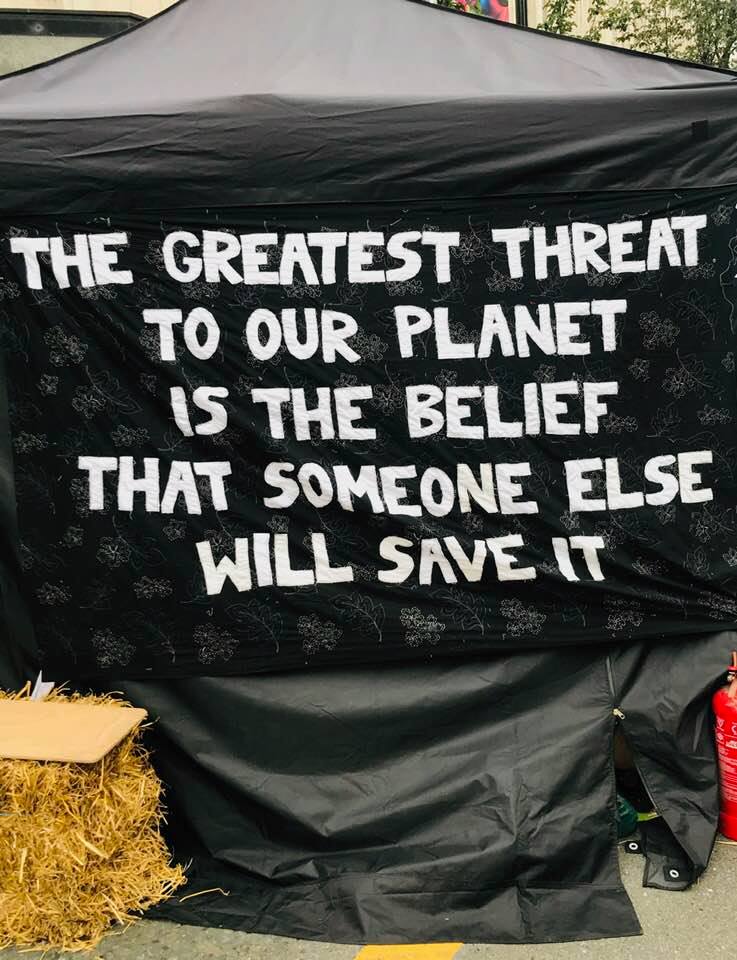
Contact us
In the meantime, if you want to know more about the work XR or Envirolution are involved in with regards to direct non-violent climate action, you can contact us here.
We always love to hear from you, and we are currently busy planning our 10th Envirolution Festival for May 2020, so if you want to get involved, we always have a need for volunteers or local action groups who want to take part!
Watch out for our Second blog dedicated to XR Manchester or contact us TODAY to find out more!
